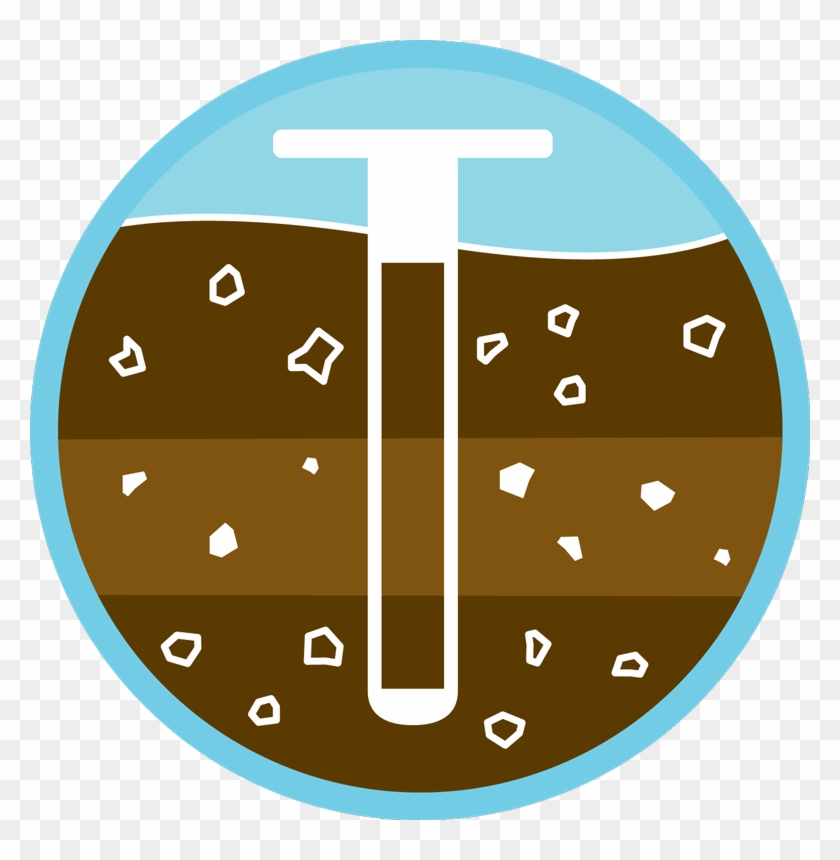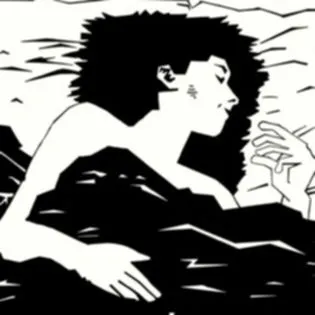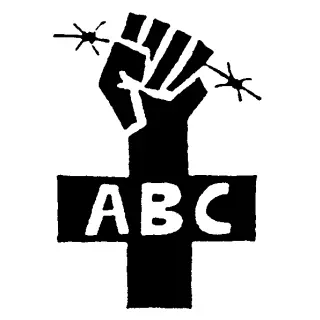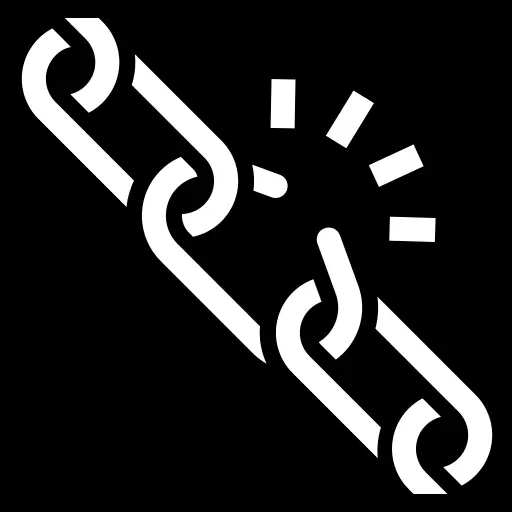Mambabasa
- 199 Posts
- 260 Comments

 1·18 days ago
1·18 days agoThanks

 1·28 days ago
1·28 days agoThanks.

 2·29 days ago
2·29 days agoThanks

 4·30 days ago
4·30 days agoOh that’s interesting. I noticed the mold as well when I leave it out. Could I grow mushrooms on it?

 4·30 days ago
4·30 days agoAlright, I’ll find a way to compost them

 3·30 days ago
3·30 days agoHmm but there was a visible chemical reaction when I mixed the coffee grounds and the baking soda, and when water was added it bubbled up. But thanks I’ll look up composting coffee grounds

 4·2 months ago
4·2 months agoI think you’re fundamentally misunderstanding that social relationships to harm are fundamentally changed under conditions of anarchy. I apologize for the misunderstanding as writing on obscure forums doesn’t exactly encourage me to write with vigor.
Of course there would be a plurality of violence under conditions of anarchy, but this does not fundamentally mean the rule of vigilantism. Right now, people have been dealing with harm without the state for generations. These are found in criminalized communities like Black and Indigenous people, people who use drugs, people who engage in sex work, etc. These people develop mechanisms by which to deal with harm without the state and oftentimes without engaging in vigilantism. For these people, vigilantism is not a court of first resort but a last resort. Vigilantism puts a target on their back from the state. Instead, they talk it out, develop safety plans, plan boycotts and bans, etc.
Rather than thinking of justice in anarchic terms as vigilantism, think of it in terms of people dealing with harm and conflict in healthy ways.
The reason why it is called antiwork is because the goal of the socialist movement from 200 years ago is the self-abolition of the working class through self-liberation. Antiwork means workers against their own workerness, “anti-workerness” if you will, hence “antiwork.” And what does anti-workerness mean? It means workers against wage-labor, division of labor, alienation, et cetera. Hence antiwork is a shorthand for anti-workerness and all that that implies.

 3·2 months ago
3·2 months agoDuring the Ukrainian Revolution, there were all sorts of gangs that emerged that killed Jews and stuff. What did anarchists do? They killed those pogromists in turn. Under conditions of anarchy, there is no state that has a monopoly on the legitimate use of violence to punish those who break the “social contract.” Rather, there is a plurality of violence that various groups can inflict on offenders. If you fuck around, you will find out.
Is this a violent sort of life? Not really. It’s not as if Indigenous or pre-state peoples live in violence all the time. Sure, violence did happen, so what?, violence happens all the time under state societies too. The difference is that without a state, people cannot call on a higher power to coerce so they have to rely on each other to keep each other safe. Besides, the people doing the raping, stealing, and killing in state societies are precisely the people protected by privilege and the state. Under conditions of anarchy, such privileges mean very little.

 9·2 months ago
9·2 months agoAnthropology has a lot to teach us on how people dealt with such large-scale endeavors without the state. If there’s conflict, they find a mediator or perhaps hold a meeting between the two groups to hash these things out. Sometimes, two groups would go to war. But anarchy is not merely statelessness, it means a society of consent and collaboration without hierarchy. Previous forms of statelessness may see peoples going to war or exert hierarchy with one another over any sort of disagreement or conflict, but anarchy means means a commitment to figuring out how to settle conflict and disagreements without hierarchy. So yes, anthropology has a lot to teach us on how people dealt with conflict in healthy ways. Sometimes they’d settle conflict in violent ways, but our purpose is to learn from these and do better.
tl;d: how is this done? talk to each other and learn from how people mediated conflict without states.
If you ask me, I’m an anarchist and communist, so I’d advocate for building workers’ power in a struggle against their workerness. In prerevolutionary situations, that means building capacities of workers to struggle on their own behalf. This means strikes, occupations, sabotage, etc. In a revolutionary situation, these capacities transforms into crisis activity that has the capacity to transform social life and abolish work. In such a revolutionary situation, people take over their workplace, and resumes activity under their own control and willpower. In such cases, production is radically transformed into meeting needs rather than profit. Without the profit motive, people don’t need to produce as much and various forms of alienations and divisions can be overcome.
There’s no one method. A lot of people, however, choose various syndicalist and unionist methods of organizing workers to fight back against the bosses. You’ll get a lot of different answers from different people.
Maybe they won’t and for a time they’ll live in their filth and starve. But who wants to live like that? Since time immemorial people have been finding ways to feed and clean themselves and others without notions of profit, wages, division of labor, mute compulsion of work or starve, etc. People have figured this out before and we can do so again.
Surely you clean your own house and stock your own food, if not cook it yourself? The same compulsion that drives one to clean their own homes and feed themselves will continue to exist on a societal scale even after work has been abolished.
Antiwork does not mean unpleasant tasks will disappear, rather that these will vs collectively managed in a way to maximize leisure. In the book The Dispossessed by Ursula K. Le Guin, a book that has a lot of antiwork themes, people take turns cleaning and dedicate 1 day out of 10 to take their turn doing chores in their community. Every other day they’re free to self-actualize in whatever way they see fit. There are some parts of the book that isn’t antiwork, like a machine that sometimes assigns people to only manual labor when they’d rather write, but generally the book isn’t a model for antiwork and that plot point was part of the central drama of the text.
What if people refuse to help clean or take turns doing unpleasant jobs if they are able, however minimized it has been made? In the The Dispossessed, this is mentioned. In the book, those people are treated differently, and people regard them less. Think of it if you had a roommate who is a slob. You’d be contemptuous of them. But who wants to be held in contempt? People want to be liked. The cost of these tasks is no longer “work or starve” but “help out or you’ll be disliked.”
There will be other ways to persuade. I cannot recount them all. And if they persist? Let them. It is better that a few freeloaders live than everyone live under a regime of work.
Good intervention.

 2·2 months ago
2·2 months agoWhat’s disturbing is that Fredy Perlman wrote that decades ago.
You know the meme where in this society it’s like “oh no! A robot took my job! I’ll starve!” Under conditions wherein work as we know it is abolished, it is instead, “a robot took my job, I’m free to enjoy what I want to do!” Of course there will be people taking care of automotive tasks, but again, this kind of labor is vastly different in a world without wages, alienation, division, et cetera. People enjoy making robots and making automation. It’s like a game or a challenge to them. So it can be after work is abolished.










Sure.